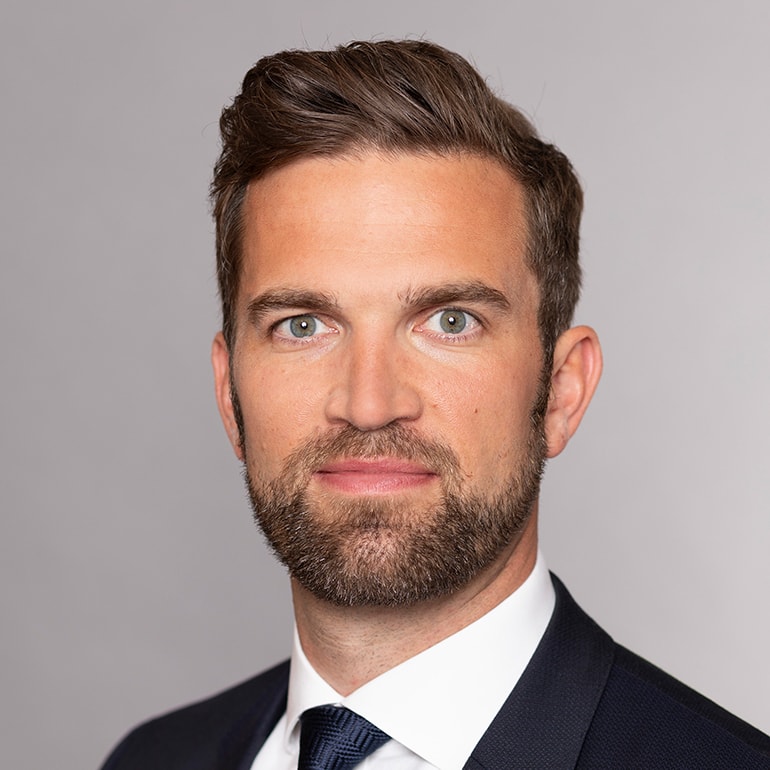08.02.2019
Change as a permanent feature - what does that mean for the working conditions of today and tomorrow? Will it soon no longer be possible to work without agile methods? What needs to be considered with regard to employment laws, data protection regulations and management structures? These are the questions that have been addressed in the German study "Agile Work 2019 - Organization, Leadership and Procedures in a Digitized World" (“Agile Arbeit 2019 – Organisation, Führung und Arbeitsweise in einer digitalisierten Welt”).
8 February 2019
Change as a permanent feature - what does that mean for the working conditions of today and tomorrow? Will it soon no longer be possible to work without agile methods? What needs to be considered with regard to employment laws, data protection regulations and management structures? These are the questions that have been addressed in the German study "Agile Work 2019 - Organization, Leadership and Procedures in a Digitized World" (“Agile Arbeit 2019 – Organisation, Führung und Arbeitsweise in einer digitalisierten Welt”).
The results were presented for the first time at the German Federal Association of In-House Lawyers’ (BUJ e.V.) Congress for In-House Lawyers in Berlin. 104 German corporations from 18 industry clusters took part. The publishers are the German Federal Association of In-House Lawyers (BUJ), Luther Rechtsanwaltsgesellschaft mbH (Luther) and Corporate Legal Insights (CLI).
Agile work is considered the answer to the ever more rapidly occurring changes in a digitized world. However, not even half of the companies in Germany have a strategy in place for introducing agile working methods. And even if the will is there: legal framework conditions impose restrictions.
"Agile working demands a paradigm shift towards short-cycle development in self-organized working groups that flexibly respond to the need for change in close cooperation with clients," states Dr. Marc Kaiser, Head of the Employment Law Group at the BUJ. "A number of exciting, sometimes unresolved problems, arise from an employment law perspective, in particular, for example, the question of which works council is responsible for exercising participation rights in an agile project involving a collaboration between companies," explains Paul Schreiner, Partner at Luther. "It is also often difficult to determine the limits of the rights to give instructions to employees in agile projects".
Agile work is increasing
The study shows that the topic of 'agile work' has indeed reached companies. The overwhelming majority of respondents (97.11%) consider agile work indispensable in the future or cannot rule it out. However, only a little more than 40% have already developed a strategy. Another 24% are planning a methodical approach. Companies that have already established agile working models see in particular two major advantages. Employee motivation and job satisfaction have developed positively. Processes have also been optimized, which has had a positive effect on competitiveness.
The minefield of agile practice and legal implications
However, the study has also identified the risks and obstacles which companies are confronted with. Companies see unresolved legal issues as the biggest problem in the desired shift towards agile structures. They see a need for clarification in areas such as the right to give instructions to employees (25.70%), third party issues (17.10%), social insurance (8.60%) and the German law on the notification of conditions governing an employment relationship (5.80%). Study author Dietmar Heise (Luther) on the fundamental problem: "Against this background, it is not surprising that the generally applicable German legal system cannot clarify many questions relating to modern agile work. Internal agile work sometimes requires structures that reflect the employee's relationship with his/her superiors, colleagues and employees differently than in classical hierarchies". The study, therefore, also focuses on the minefield of agile practice and the resulting changes in work structures and legal implications.
Contacts
Paul Schreiner
Dietmar Heise
Christian Kuß, LL.M.
Dietmar Heise

Christian Kuß, LL.M.
Partner
Cologne
christian.kuss@luther-lawfirm.com
+49 221 9937 25686

Paul Schreiner
Partner
Cologne, Essen
Paul.Schreiner@luther-lawfirm.com
+49 221 9937 11691